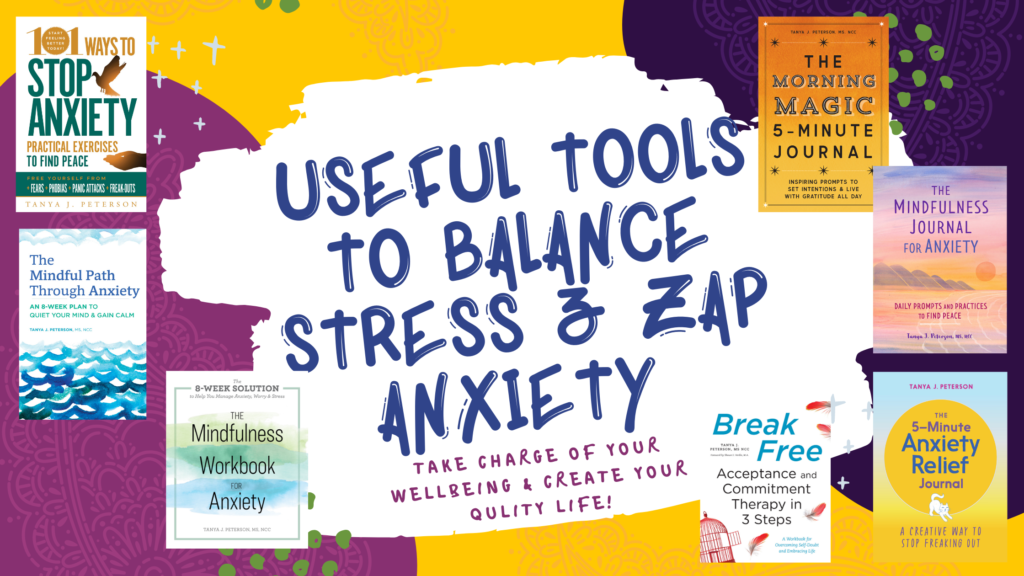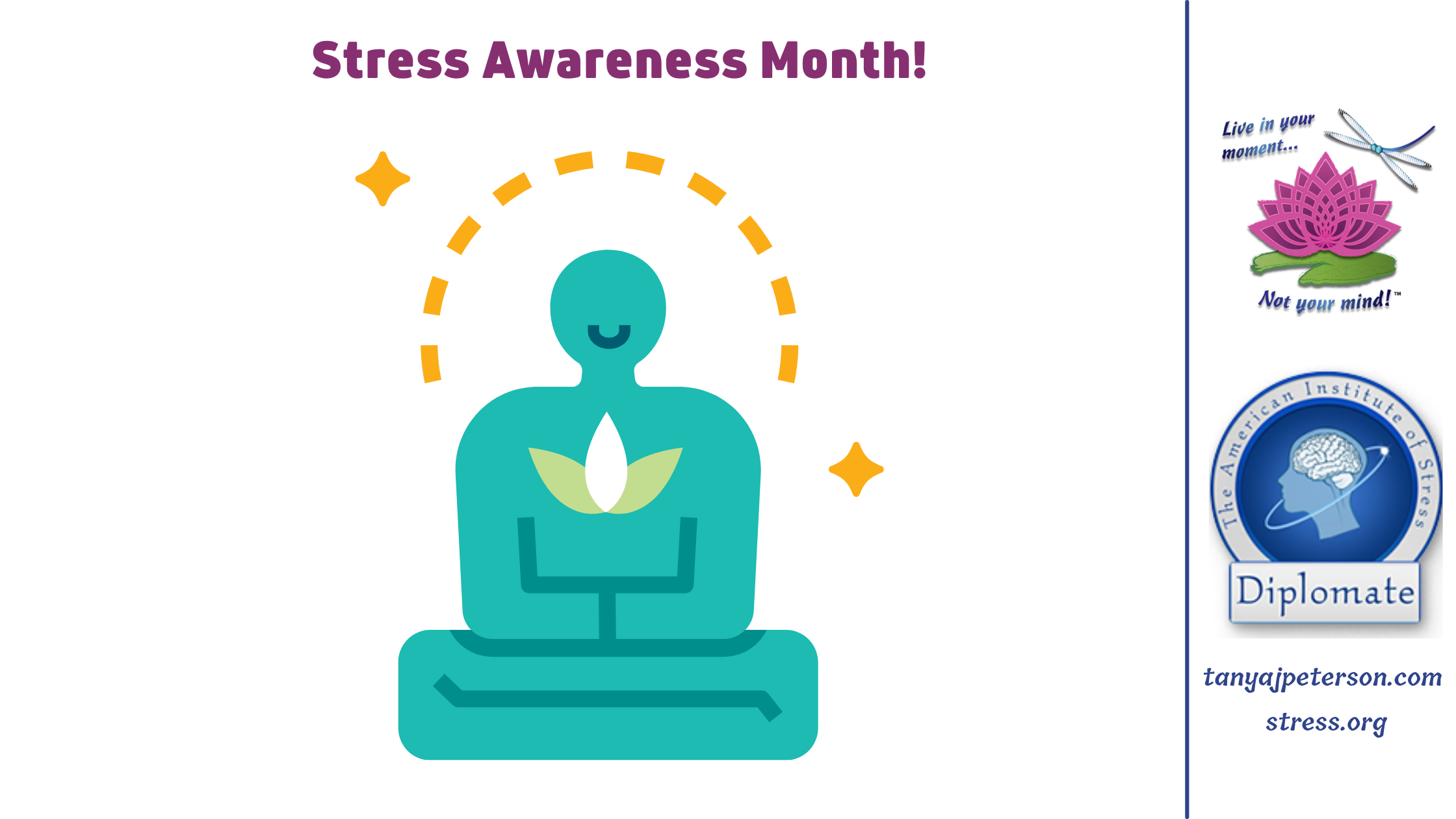April is stress awareness month. Quite likely, you are already well aware of stress and you don’t need a dedicated month to remind you of it. Many of us would much rather avoid it than increase our awareness–which is a great reason to have stress awareness month. The more we know about it, and the more tips we can gain, the more we can make it work for us. It won’t go completely away, so we might as well thrive in spite of it. The Yerkes-Dodson Law teaches us that this is exactly what is best.
Stress Awareness: Heed the Yerkes-Dodson Law and Create Balanced Stress
The word stress doesn’t typically evoke images of fluffy bunnies frolicking happily around us while we’re relaxing in a meadow by a bubbling brook. The images are more closely related to all sorts of poisonous creepy-crawlies chasing us over rocky terrain.
Stress, though, is actually a neutral world that refers to our reaction to any type of change (desired or undesired, expected or unexpected). We react with our whole being–mind (thoughts and emotions), brain (neurochemical and electrical activity), and body (physiological responses). This is a very good thing because it means we’re alive.
There’s actually a law of stress–the Yerkes-Dodson Law–that emphasizes the importance of stress and our reaction to it. If we have too little stress, we hardly react at all. This can make us lethargic and passive, and it negatively impacts our performance/behavior in all areas of our lives. We need stress, and we need to respond to it. However, if we have too much stress, our whole system of mind-brain-body (the bodymind) freaks out and goes into overdrive. If we experience too much stress on an ongoing basis, we are at risk for a host of physical and mental health difficulties and general misery.
What humans ideally need is balanced stress. Some, but not too much. This may seem frustrating and easier said than done. So much of what stresses us out is beyond our control. How in the world do we create balance stressed?
A Tip for Stress Awareness Month – Find Balance Through Your Values
It is true that so much in life is beyond our control. As much as we’d like to, there are things that we can’t change. Other things we can change, but change is usually a process that takes time. Stressful situations create negative reactions within us: thoughts, emotions, and systemic reactions throughout or bodies. So how do we create balanced stress in spite of this?
One of the keys to balancing your stress is to focus on what is important to you. Spend some time, perhaps with a journal, reflecting on what is nearest and dearest to your heart. Identifying your values and what you want your life to be about helps you shape your decisions and choose your actions no matter what situation you are facing.
Being clear on your personal values helps keep you centered, and it brings meaning to your life. It acts as a beacon during tough times to keep you focused on what matters most to you. This way, you are better able to manage your reactions and your choices even in the midst of difficult situations.
Keep your thoughts and emotions balanced and centered by creating or finding something to represent the essence of your values. This might be a drawing, a photo, a picture from a magazine, a word or phrase, a color, or a song (the list is seemingly endless). Keep that image near you so you can access it when you’re beginning to feel the effects of stress. When you catch yourself feeling stressed, pause and look at (or listen to) this thing that helps you remember what’s important to you for your life. Breathe deeply, and simply concentrate on what you find meaningful and valuable. This mindfulness exercise can help you reset your own stress response so you can be the way you want to be and do what you need to do.
We can’t always control everything in our lives. That doesn’t mean we have to remain at the mercy of our difficulties, though. When we remember that we really don’t need to eliminate stress but to balance our response to it, and we pause to remember what is important to us, we reset ourselves so we can thrive in our moment.
Source:
Coltrera, F. & Corliss, J. (2020). Stress management: Harvard medical school special health report. (G. Fricchione & A. Underwood, Eds.). Boston: Harvard Health Publishing.
Identify what’s important to you and create balanced stress with these books, workbooks, and journals.

Parents, grandparents, and others: Help kids in your life develop the skills they need to create balanced stress now and throughout their lives with this mental health course found on the homeschool/online school resource Lernsys.




